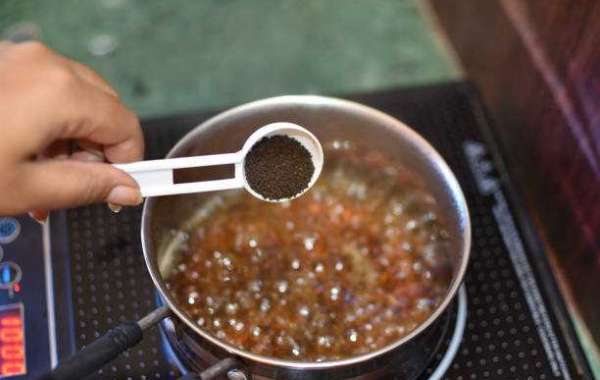The Chinese phrase Gan bei translates to “dry cup.” After saying gan bei, it’s traditional to empty your glass as a toast. Chinese people frequently utilize the gesture of gan bei in social and professional contexts. A cup of wine is consumed in one gulp as part of the Chinese drinking custom known as Ganbei. Alcohol use is the finest approach to make things more interesting while cheering up.
Origin:
Although the history of ganbei is obscure, it is believed to have started during the Han era (206 BCE–220 CE). The term “Ganbei” was first used in writing in the tenth century and gained popularity in the nineteenth. A significant component of Chinese drinking culture is Gan bei.
Symbolism:
Ganbei is a greeting that expresses friendliness and respect to the receiver. Additionally, it’s a method to express gratitude for their company.
Tips for Ganbei:
Engaging in this activity safely and with concern for one’s health and safety is crucial, even if it may be an enjoyable way to interact with others and develop relationships. Here is some expert Ganbei participation advice:
- Pace Yourself:
Impaired judgment and health issues can result from consuming alcohol in excess too rapidly. Pace yourself and take rests in between rounds of Ganbei to prevent this.
- Understand Your Boundaries:
When consuming alcohol, it’s necessary to understand your boundaries. Don’t feel compelled to drink more alcohol than you can take, and don’t be hesitant to decline an invitation to Ganbei if you don’t want to.
- Choose your Drink Wisely:
Make a wise choice when drinking because different alcoholic beverages have varying alcohol contents and diverse effects on various body systems. If you’re participating in Ganbei, pick a beverage you like and are confident you can manage.
- Eat Beforehand:
Drinking on an empty stomach increases the likelihood of becoming intoxicated quickly and poses more health concerns. Eat a meal before engaging in Ganbei to prevent this.
- Stay Hydrated:
Drink water or other non-alcoholic beverages between rounds of Ganbei to stay hydrated because drinking alcohol can cause dehydration.
- Respect Local Customs:
Ganbei is a significant component of Chinese drinking culture. Thus it’s necessary to follow regional traditions and customs. Consider cultural differences and follow your hosts’ or companions’ lead.
Chinese Drinking Etiquettes:
Here are some essential things to keep in mind:
ü In Chinese drinking culture, toasting plays a significant role. Holding your glass lower than theirs is traditional to show respect to the person you are toasting.
ü Making eye contact with the person you are toasting is crucial, while clinking glasses to convey your sincerity.
ü It’s traditional for the host or the oldest guest to serve beverages to the other guests. Pouring liquids requires using both hands to display deference.
ü Drinking in rounds and exchanging toast among participants is customary in China. To drink alone or exclude someone from a toast is considered disrespectful. It’s crucial just to consume minimal amounts of alcohol.
Conclusion:
To prevent unpleasant outcomes while visiting China, you must pay attention to and respect these consumers. You may enjoy drinking in China while respecting the local tradition and culture by adhering to certain conventions and rules.










